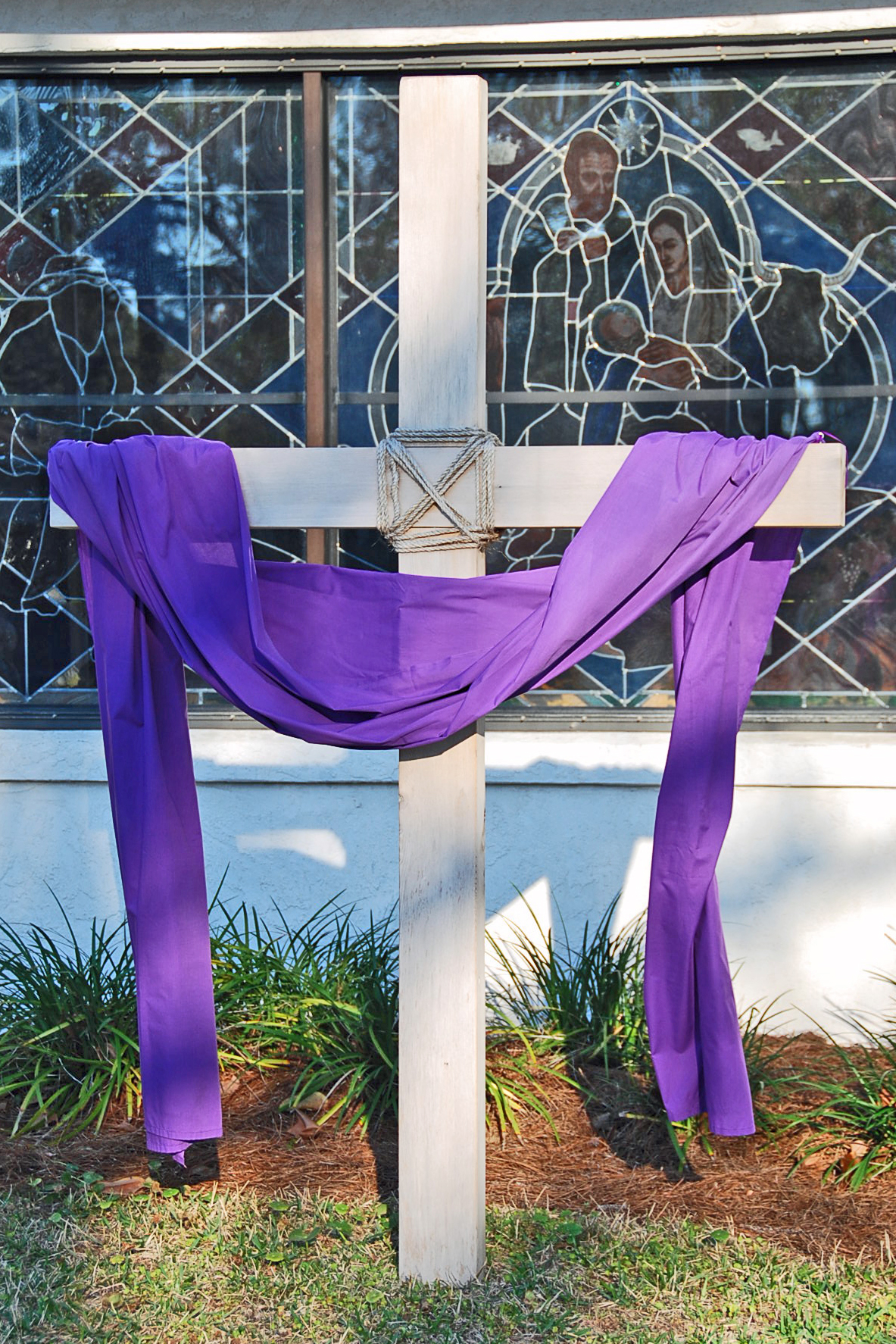The Spirit of the Lord is on me,
because he has anointed me
to proclaim good news to the poor.
He has sent me to proclaim freedom for the prisoners
and recovery of sight for the blind,
to set the oppressed free,
to proclaim the year of the Lord’s favor.
Luke 4.18-19
Has anyone ever challenged you with these words: Can’t you see what’s happening to you?
Or these: How can you not see what’s going on?
These words speak to the blinding nature of sin. Once we get caught up in sin, it has a way of creating spiritual cataracts. We don’t see how our sin is affecting other areas of our life. We don’t see how our workaholism is affecting our children. We don’t see how our carelessness is affecting our career. We don’t see how our spending habits are affecting our financial future. We don’t see how our gossip is affecting our neighborhood.
We don’t see.
Paul talks about this spiritual blindness, referring to fools whose hearts had been darkened and whose thinking had become futile. Jesus accused the Pharisees of this same thing, telling them they were blind guides leading the blind masses to their doom.
This is why Jesus often spoke of his mission as bringing sight to the blind, referring to himself as a light in the darkness. Christ wants us to see. He wants the blind spots in our vision to be burned away. He wants us to remove the spots of sin from our perspective so we can share his vantage over creation and see the big picture of his plan to heal the world.
For this reason, most commentators connect Christ’s sight-giving miracles with his sight-restoring prophetic mission. Jesus healed actual blind people, thus giving us a visual metaphor of what he wanted to do with our spiritual sight. Just as he restored physical vision, he meant to restore spiritual vision as well.
Consider the miracle in which Jesus heals a blind man by rubbing mud on his eyes. After the man is healed, the Pharisees question him. They doubt his healing was legitimate, but the man’s parents vouch for its authenticity and tell them he had been blind since birth. Then the Pharisees lash out at the man, claiming that his healing is worthless anyway because he is such a crappy person, and they throw him out of their synagogue. When Jesus hears about this, he becomes very angry. He tells the man that his mission is to make the blind see and bring blindness to those who claim they see perfectly. Christ shows his desire for us all to see clearly, even if that means first exposing those who claim they already can.
This story cautions us in two directions: first, it cautions us not to persist in our blindness; second, it cautions us never to presume we see things exactly the way they are. We must learn to see the world as God sees it, knowing always that our perceptions must be constantly examined and tweaked.
We ought to pray always for vision. We ought to pray: Lord, help us to see as you see. For where there is no vision, we perish. When we are blind, we are in constant danger, so arise, shine, let your light come.
This post is from Seasons of Christian Spirituality.
fossores
Related posts
Categories
Category Cloud
Tag Cloud
Recent Posts
- Victors and Victims November 6, 2018
- 3 Hacks for Happiness October 29, 2018
- Hope Against Death September 20, 2018
- The Shape Of The Cross September 19, 2018


